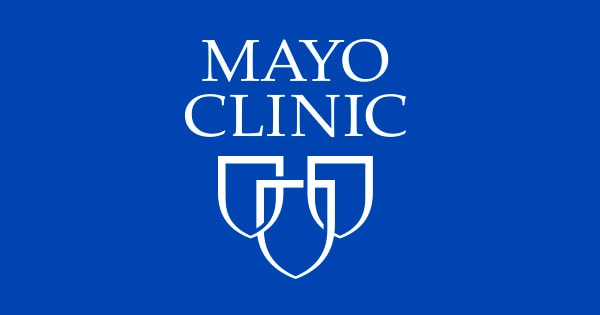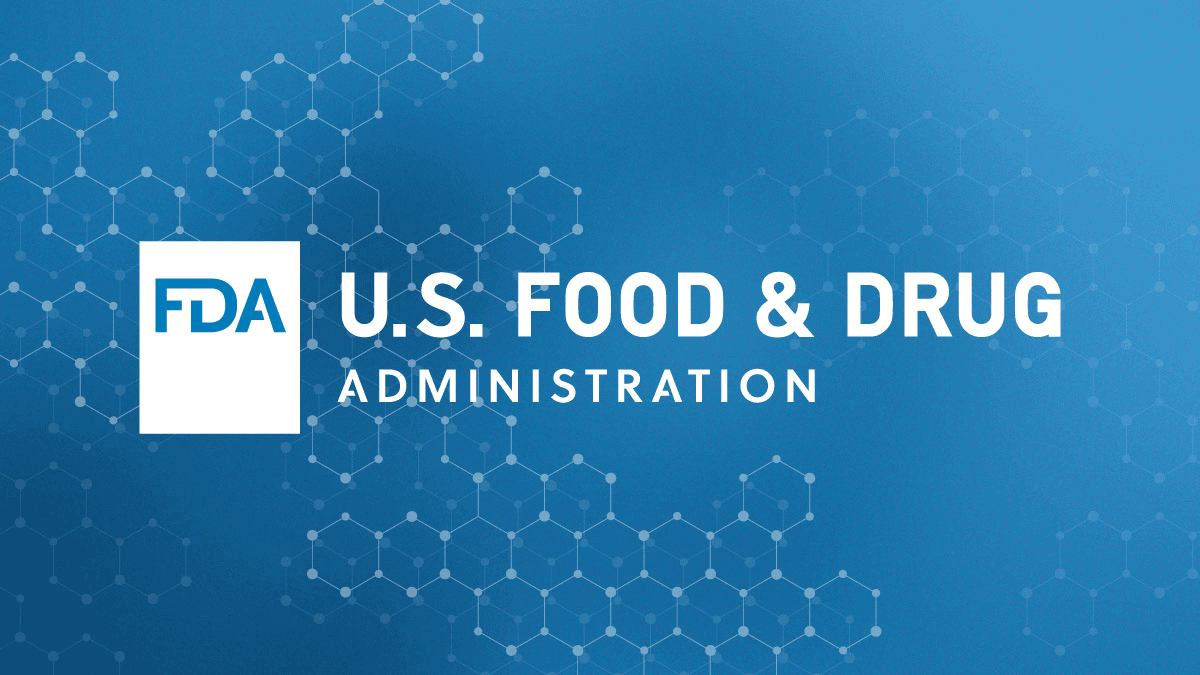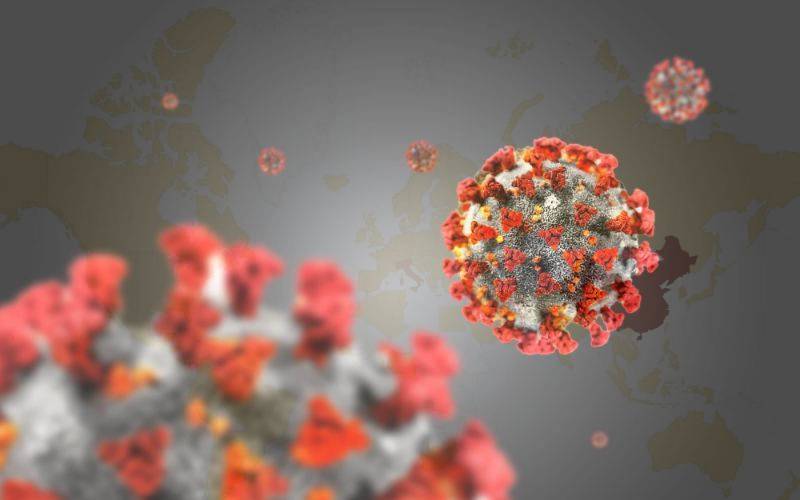Most likely better than recovering from COVID too. Your choice isn't between getting the vaccine or not, it's between getting the virus or not.
...and the safety of the virus is equally unproven long-term while also being proven more dangerous short-term. The choice is clear.
One of the things I've struggled with as a result of my health issues has been anxiety. One of the models I've come up with for dealing with it is called the "Anxiety Boomerang". This is where my anxiety runs away from me by creating a specific possible future awful scenario, and then comes back to me & makes me feel like there's only
one possible solution to it, which makes feel forced into tunnel-vision mode, when in reality there are multiple options to discuss. I think we have to be careful about taking an Internet-armchair research detective "one & done" approach of finding the "perfect" solution & then being done thinking about it, when we can side-step the boomerang effect by being open to more possibilities & examining additional options.
In this case, I'd prefer not to get COVID at all, but I'm pretty sure all of America is going to get it at some point in the future. Based on my own personal health history, I'm a little wary of medicinal solutions...but I'm also concerned, as I'm in a risk category with asthma & a crappy immune system. That doesn't mean I'm anti-vax, nor does it mean that we should just let people die while we wait for long-term results - just that a cautionary approach would be prudent. It's easy to let my anxiety drive the bus & tell me things are monolithic, which in this case would be that the only "reasonable" option would be giving everyone in the country a first-pass vaccine, but there are additional options to explore to roll it out & test it. And to your point, there are absolutely a LOT of possible long-term side-effects from the virus:
Learn about the possible long-term effects of COVID-19.

www.mayoclinic.org
The top ones include:
1. Organ damage
2. Blood clot/vessel problems
3. Mood, fatigue, and brain fog issues
My brother, who is a pretty healthy dude (well outside any major target range - never smoked, in great shape, zero underlying health conditions, etc.), got COVID not too long ago. He had a rough go at it, losing his voice for over 2 weeks, and it took him over 3 weeks to recover, and he's
still fighting fatigue weeks/months later. I had another friend get diagnosed recently, and his doctor said that he will only have 3 months of immunity before he can get it again. Originally they thought it was permanent immunity, then 6 months, and now 3 months, apparently. So a vaccine with quarterly booster shots may be the way to go. We've gotten a lot better since the thalidomide days of babies being born with flipper arms down the road, but that's not to say there are
zero risks involved. Based on what I've been through...I have concerns. Taking the vaccine is a serious question for me, as medicine basically wrecked my life for a long period of time, while on the other hand, I'm in the
higher-risk category for negative COVID effects due to my health situation.
Kind of sounds like a good time to move to a cabin in the woods lol.







